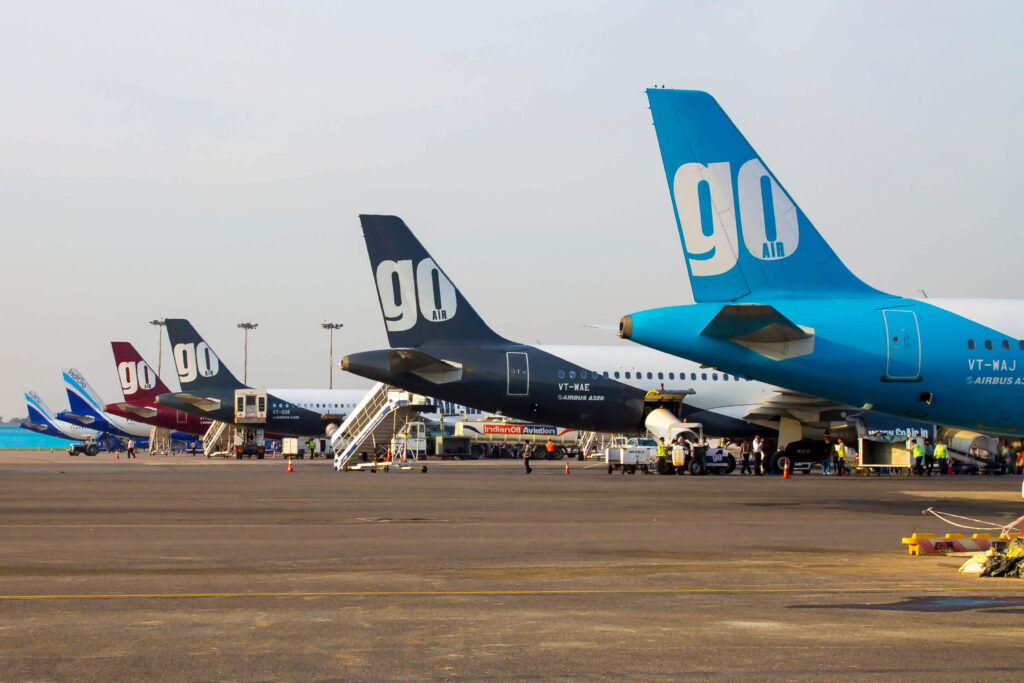IndiGo, India’s largest airline by market share, has just reported a multimillion quarterly loss. The disconcerting financial results are attributed to three key factors, including spikes maintenance costs. While the airline’s Airbus A320ceo engines are to remain a burden for its finance sheets, the rescue by the A320neo is also not yet in sight, as the carrier’s management anticipates delivery delays.
On October 24, 2019, India’s largest airline by market share, published its results for the second quarter of 2020 financial year. While the quarter was expected to be low on profitability, IndiGo’s actual net loss grew by almost double compared to the previous year, totaling at a net loss of $149.50 million (INR 10.6 billion).
The lower profitability was attributed to three main factors, Aditya Pande, IndiGo Chief Financial Officer, explained during a conference call on October 24, 2019, including surged maintenance costs. In 2016 the airline has added a large amount of Airbus A320ceo aircraft, via extending leases of the planes it already had and by adding around 50 used ones.
IndiGo has 127 Airbus A320ceo aircraft in its fleet with an average age of 9.6 years, planespotters.net data reveals. Now engines of these aircraft are approaching the second shop visit time, which is “significantly more expensive” than the first one, Pande explained, adding that these second shop visits explained maintenance spikes in the airline’s costs.
Furthermore, these engines related costs are expected to continue “in the next couple of quarters” and cease only after Airbus A320neos take over the larger portion of the airline’s fleet – around 2022. At the moment, IndiGo has 89 A320neos and seven A321neos versus the aforementioned 127 A320ceos.
IndiGo has an order of 280 A320neos with Airbus. While deliveries of the new planes are ongoing, the carrier is already bracing for disruptions, as well as its consequences in its own performance. “Looking forward though, the softness is due to aircraft delivery issues,” Ronojoy Dutta, the CEO, told investors during the conference call. The current aircraft delivery rate of six aircraft per month is to come down and the downfall is to continue throughout the next year, Pande added.

